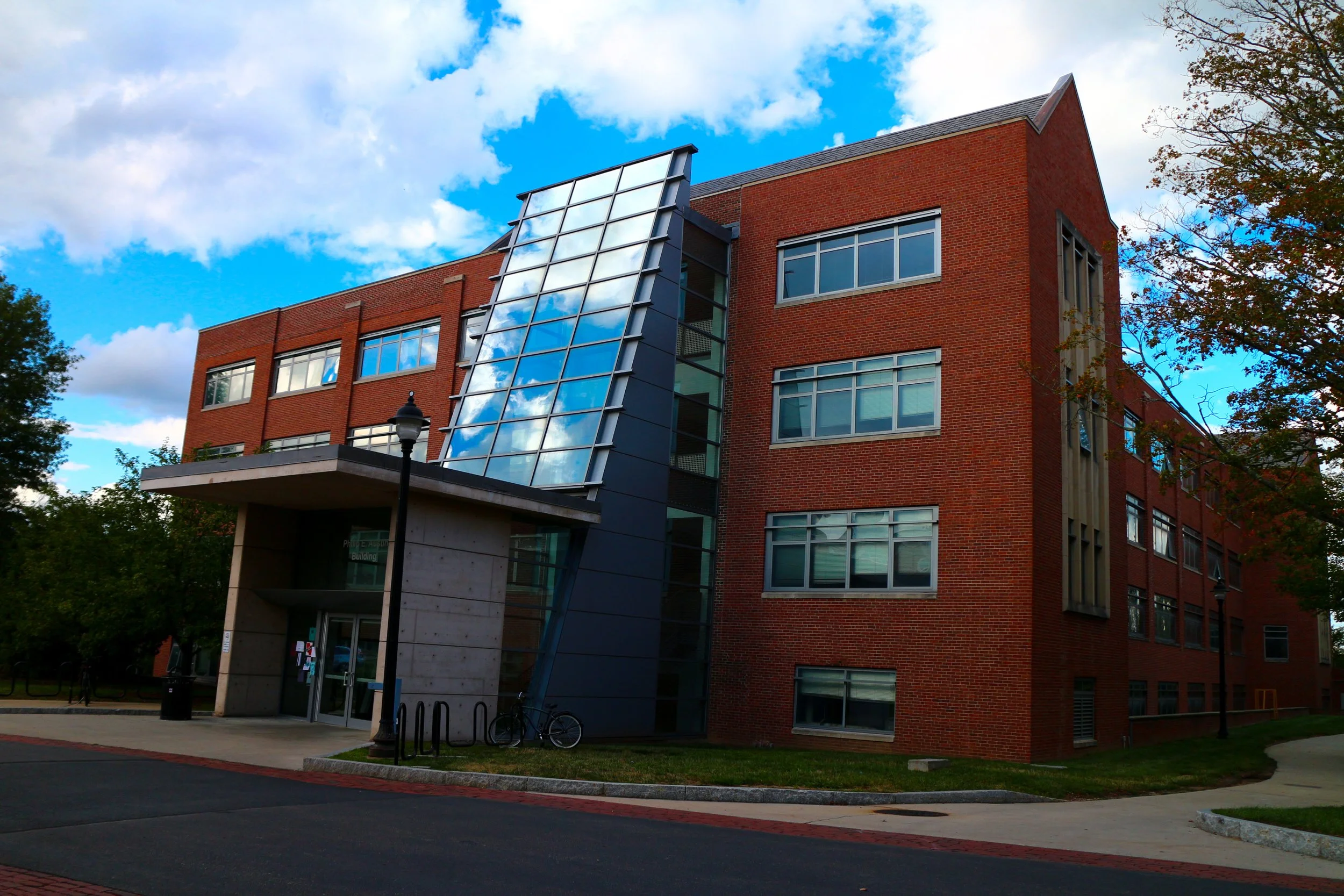UCONN Medieval Studies, 1969-2025
The University of Connecticut formally shuttered its longstanding graduate program in Medieval Studies earlier this year. This news is not recent; it took several months to find its way to me, now living at some remove from both academic and Connecticut goings-on, and then yet more months elapsed after I had meant to comment on it, only for that note to languish on my to-do list. Neither is it terribly surprising—when I was in the program, I recall feeling as though the barbarians were already at the academic gates, though I still feel this as a shock coming so soon after I left the program in the summer of 2019. It is a hard thing to outlive institutions you hoped would be a legacy for future students in the same way they were a legacy to you. It is particularly hard when that institution is itself an endangered species.
When I graduated college in 2013, my whole ambition was to become a tweed-clad professor in imitation of Tolkien; as silly as that may sound, I could imagine no higher station. I knew that I wanted a doctorate in literature, and that I was most interested in early medieval mythology, but I had scant historical and no linguistic background in the period. So, as a first step, I began casting about for a place to earn a period-specific master’s degree. As it happens, there are very few places where one can do this in North America. Most of the programs with such degrees are in Britain, and while I tried to get into these, I was never going to realistically get the financial support I would need to attend. So, as I went through multiple rounds of applications over several years, my focus narrowed to the three North American programs offering some kind of medieval studies master’s: the University of Toronto, Western Michigan University, and UCONN.
I am a strange person to eulogize the medieval studies program at UCONN, because I was only there for two years, unlike so many others, and because it provided the context in which I decided to give up my pursuit of an academic dream. But this is no poor reflection on the program—my advisors and peers were a model academic community, and that included the openness and honesty that allowed me the space to reflect on the limits of my ambition, and my actual priorities in life, without judgment or expectation. And I did not want to leave academia; in fact, I greatly miss it, though I am happier in my current situation than I ever expected to be. Now I will miss the medieval studies program as well, where for two delightful years I learned so much, including being humbled from time to time, and felt such warmth in the community, not just of medievalists, but of the whole English Department. When I think of my time at UCONN, it is of evenings at the homes of sages; long, quiet days in our cloistered library that served as office; and classes in the history building that where only myself, my colleague, and my professor, digging through a book.
There were precious few medieval studies programs in the world to begin with; now there is one less. I could rail at the decline of the field, or worry over the future of learning, as I do often enough; but what will that do? I am just grateful to have been there while I still could.
